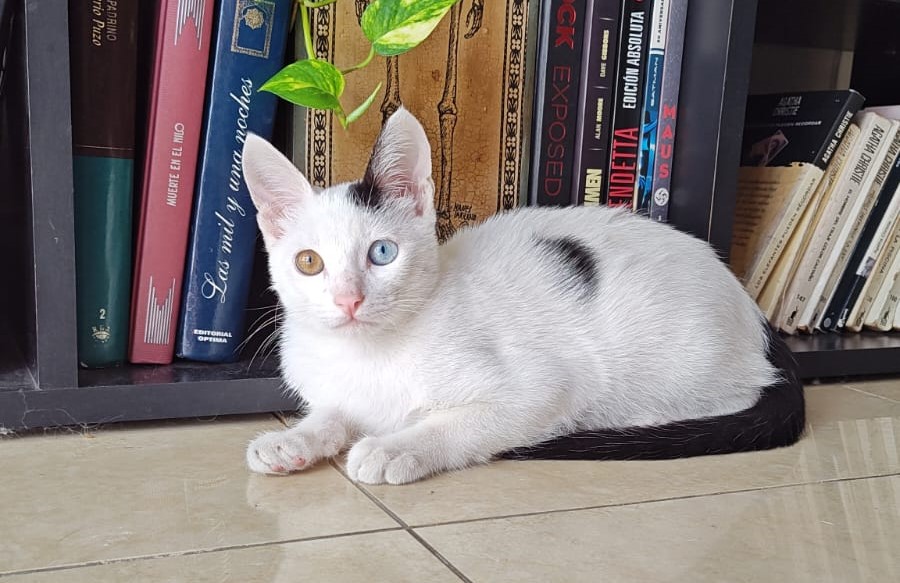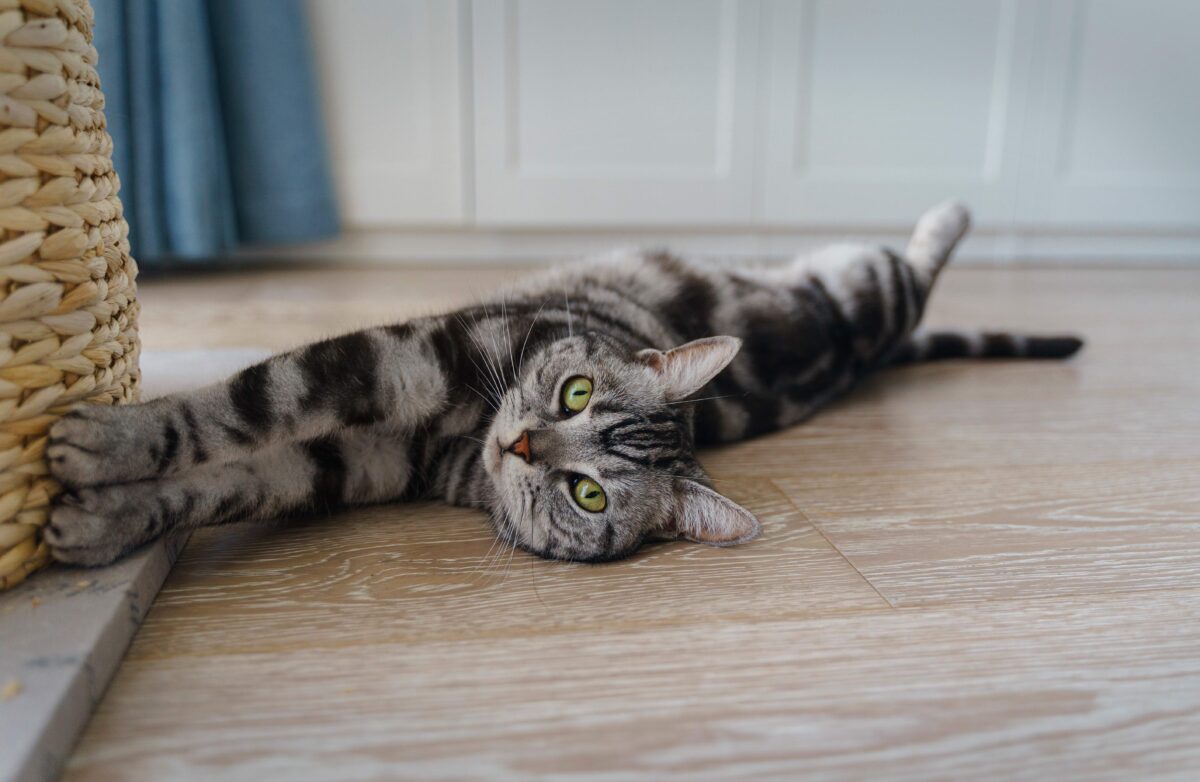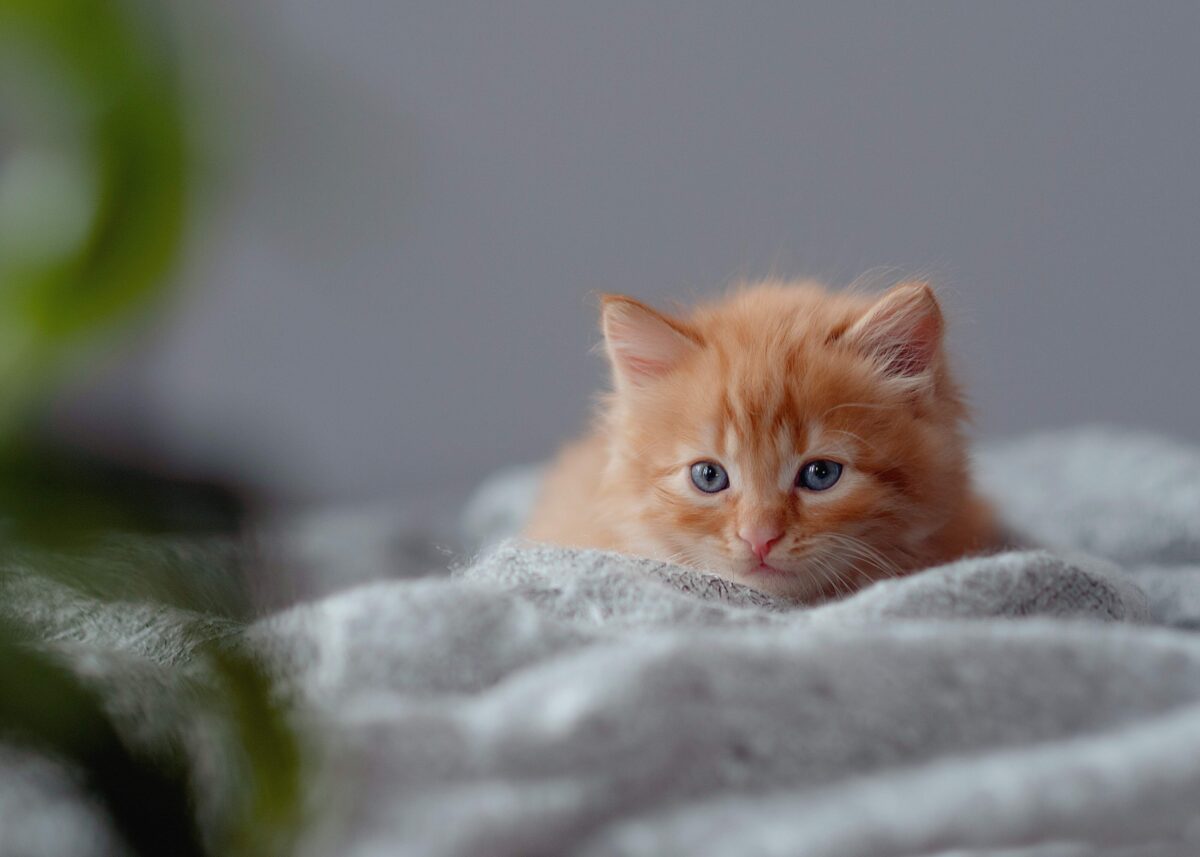Can Cats Be Autistic? Exploring Unusual Behaviors in Cats and Their Meaning

Have you ever wondered if your cat’s unique behaviors could be associated with neurodivergent traits, leading you to think of your pet as an “autistic cat”? Although there isn’t enough scientific evidence to confirm that autism in felines manifests the same way as in humans, this question often arises among pet owners curious about their cats’ peculiar habits. In today’s article, we will delve into some behaviors in cats that resemble autism and how to better understand our pets.
Understanding the Term "Autistic Cat"
- The Misuse of Human Labels in Pets
Cats do not experience autism as humans do, and applying human psychological terms to animals can be misleading. However, there are some behaviors in cats that might be associated with an “autistic cat.” For a deeper exploration of whether animals can exhibit neurodivergent traits similar to humans, see our article Understanding Neurodiversity: Can Animals Be Autistic?
- What We Really Mean by “Autistic Cat”
Often, people who wonder if their cat is autistic notice repetitive or asocial behaviors in their pets. However, these observations are more an attempt by humans to relate to their animal companions and do not constitute a precise veterinary diagnosis.

Common Behaviors in Cats That May Seem Autistic
- Repetitive Movements
It is common for cats to engage in repetitive behaviors such as scratching or pacing, which are sometimes signs of stress or anxiety. It’s essential to observe the context in which these behaviors occur to understand what is happening with your pet.
- Sensitivity to Sensory Stimuli
Like some people on the autism spectrum, cats can show increased sensitivity to sensory stimuli—loud noises, strong smells, or even the texture of their bed can affect them. Understanding your pet’s preferences is crucial to providing a comfortable and enjoyable space where they can feel pampered and happy.
Perspectives from Veterinary Science
Veterinary professionals indicate that behaviors resembling “autistic-like behaviors” in cats could sometimes be symptoms of a medical issue. Therefore, it is crucial to consult a veterinarian if you have any concerns. A professional can provide insights and possibly diagnose underlying conditions that might be influencing your cat’s behavior.

How to Support Your Cat's Unique Needs
- Creating a Stress-Free Environment
Cats adapt well to environments where their needs for routine and familiarity are respected. Creating and maintaining a consistent schedule in safe and quiet spaces can help reduce stress-related behaviors.
- Engagement and Enrichment
Indulging your pet with interactive toys and playtime will help with their mental stimulation. Tailor these activities to your feline’s specific preferences so they can enjoy their home.
Exploring our feline friends’ behaviors through the colloquial term “autistic cat” allows us to delve deeper into their unique world. While cats do not experience autism as humans do, observing and understanding their behaviors can significantly improve their well-being and our relationships with them. Recognizing and respecting their unique needs, sensitivities, and preferences helps us create a more supportive and enriching environment for them.
Education and awareness are key to correctly and compassionately interpreting our pets’ behaviors. By consulting with veterinarians and using reliable resources, we can learn to distinguish between peculiar habits and potential health issues, ensuring our cats receive the best possible care. Remember, every behavior, no matter how small, tells a story about your pet’s health, comfort, and happiness.
Frequently Asked Questions
No, cats cannot be autistic in the same way humans can. The term "autistic cat" is used colloquially by pet owners to describe behaviors in cats that remind them of autism-like traits seen in humans.
If your cat shows behaviors that concern you, consult a veterinarian to rule out medical issues and discuss ways to support your cat's health and comfort.
Provide a quiet and safe space where your cat can retreat, use unscented litter, and avoid loud noises or sudden changes in their environment to help manage sensory sensitivities.
Yes, understanding your cat's behaviors can help you create a better environment for them and address any issues more effectively, leading to a happier and healthier pet.
Consult your veterinarian, explore reputable pet care websites, or check out books and articles on feline behavior for more in-depth information.
A cat's desire for solitude can be a natural trait of feline independence and not a neurodivergent behavior.
References
- American Veterinary Medical Association – Provides a wealth of information about pet care, including behavioral issues in cats. Visit https://www.avma.org/
- International Cat Care – A site dedicated to the health and welfare of cats with comprehensive sections on support, free resources, and courses. Visit International https://portal.icatcare.org/
- https://portal.icatcare.org/courses/available/43bef6f4-3285-46f5-8036-51984c51eabe
- “The Domestic Cat: The Biology of its Behaviour” by Dennis C. Turner and Patrick Bateson – Offers insights into the complexities of feline behavior and its origins. View on Amazon: https://www.amazon.com/Domestic-Cat-Biology-Its-Behaviour/dp/1107025028
- Cornell Feline Health Center – Cornell University’s resource for veterinary health information on cats, including behavior and sensory processing. Visit https://www.vet.cornell.edu/departments-centers-and-institutes/cornell-feline-health-center
- “Feline Behavioral Health and Welfare” by Ilona Rodan and Sarah Heath – Provides an in-depth look at feline mental health and behavior management. View on Amazon: https://www.amazon.com/Feline-Behavioral-Health-Welfare-Practice/dp/1455774014
- These references and additional reading will help deepen your understanding of feline behavior and ensure the well-being of your cat.


